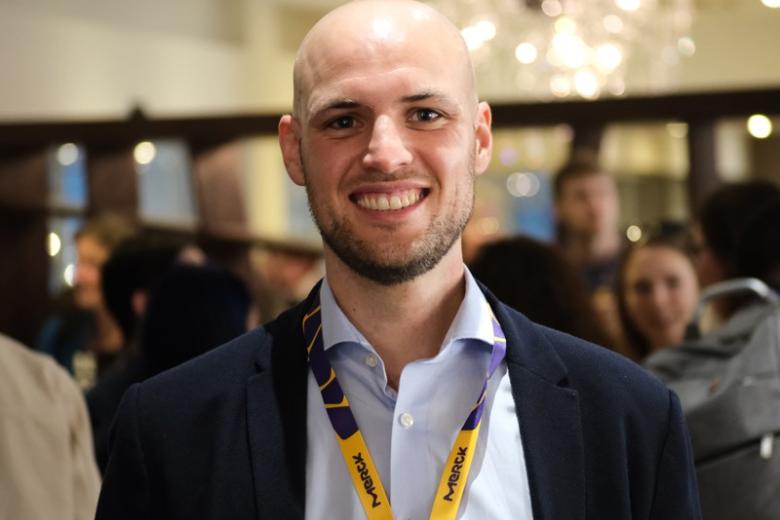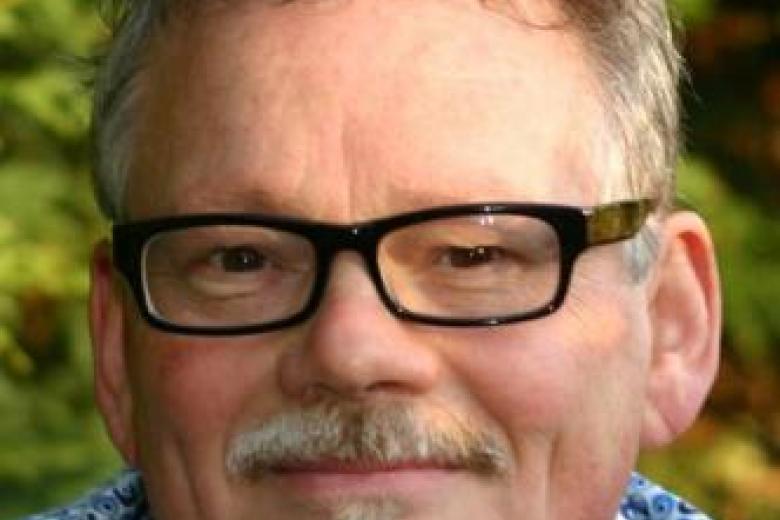Major European grant for professor Clemens van Blitterswijk
Clemens van Blitterswijk, professor of Complex Tissue Regeneration at Maastricht University, has been awarded the most prestigious European research grant for individual researchers: the ERC Advanced Investigator Grant. He plans to use this grant of well over 2.5 million euros to lead the research project entitled ‘ORCHESTRATE- Building complex life through self-organization: from organ to organism’.
The Advanced Investigator Grant is awarded by the European Research Council to established, leading researchers who conduct innovative research.
Van Blitterswijk plans to use the grant to develop new tissues. One of the biggest challenges in regenerative medicine is to prompt stem cells to generate complex tissues on their own. Tissues are made up of different types of cells that form three-dimensional structures through self-organisation. This intrinsic capacity can be stimulated with new culture platforms, allowing researchers to orchestrate the self-organisation to make complex tissues, organs and even organisms. The ERC grant will be used to develop new culture platforms and conduct further research on the mechanisms behind self-organisation. This knowledge will then be applied in a lab setting to develop in vitro models of pancreatic islets, a pituitary gland and a mouse blastocyst.
Clemens van Blitterswijk (1957), one of three distinguished university professors at Maastricht University, is a leading researcher in the field of tissue regeneration. He moved to Maastricht in 2014 and began working at the MERLN Institute for Technology-Inspired Regenerative Medicine. Van Bitterswijk has been a member of the Royal Netherlands Academy of Arts and Sciences since 2012 and was appointed a member of the Royal Holland Society of Sciences and Humanities earlier this month. In 2012, he was voted the most enterprising researcher in the country.
The MERLN institute focuses on developing smart biomaterials that contribute to tissue repair using the patient's own stem cells. Van Blitterswijk and his research institute are making an important contribution to the Limburg Knowledge Axis, the ten-year investment programme for Limburg's knowledge infrastructure established by the Province of Limburg, Maastricht University, Maastricht UMC+ and Zuyd University of Applied Sciences.
Also read
-
GROW research: all-in-one test for genetic defects in embryos🧪
Researchers at Maastricht UMC+ and GROW have developed a technique that can analyse the entire genome in a single test, allowing for faster determination of embryos suitable for successful pregnancy.
-
A breakthrough in cultured meat research-animal component free production
A breakthrough in cultured meat research-animal component free production
-
Cross-border inter-organisational cooperation in crime control
The Netherlands Organisation for Scientific Research (NWO) has awarded a grant under the SGW open competition to a research proposal written by Prof Dr Math Noortmann (Institute for Transnational and Euregional cross border cooperation and Mobility / ITEM) and Prof Dr J.B.M. Koning (UM School of...